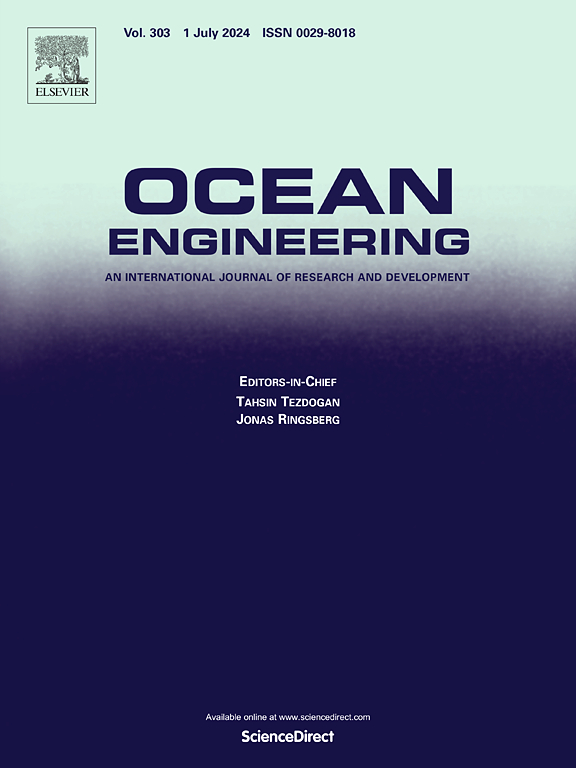Alternative fuels and design modifications for environmentally sustainable marine vessels
IF 5.5
2区 工程技术
Q1 ENGINEERING, CIVIL
引用次数: 0
Abstract
The maritime industry faces significant challenges in reducing greenhouse gas emissions while maintaining operational efficiency. This paper assesses four major alternative marine fuels—liquified natural gas (LNG), hydrogen, methanol, and ammonia—and the required ship modifications. The evaluation follows International Maritime Organization life cycle assessment guidelines and the Energy Efficiency Existing Ship Index (EEXI), highlighting design changes that can reduce emissions. Findings indicate that polymer bearings in propulsion systems are 6–9 times more efficient in reducing friction power loss than traditional metal bearings. Integrated energy recovery systems can generate an additional 15–17 % of net power. Sustainability analysis shows that hydrogen and LNG can be considered the most suitable options environmentally, economically, and operationally. Hydrogen-powered systems could reduce maritime CO2 emissions by up to 70 % by mid-century, with fuel cells offering 75 % energy conversion efficiency, compared to 55–60 % for conventional diesel engines. However, challenges such as infrastructure, safety concerns, and high investment costs remain. These issues require collaborative efforts from the industry and regulators. This research contributes to maritime sustainability by providing quantitative performance data and strategies for adopting alternative fuels in both new and existing fleets.
替代燃料和环境可持续发展的船舶设计修改
海运业在保持运营效率的同时,面临着减少温室气体排放的重大挑战。本文评估了四种主要的替代船用燃料——液化天然气(LNG)、氢、甲醇和氨——以及所需的船舶改造。评估遵循国际海事组织生命周期评估指南和现有船舶能源效率指数(EEXI),突出了可以减少排放的设计变更。研究结果表明,推进系统中的聚合物轴承在减少摩擦功率损失方面的效率是传统金属轴承的6-9倍。综合能源回收系统可以产生额外的15 - 17%的净电力。可持续性分析表明,从环境、经济和运营角度来看,氢气和液化天然气都是最合适的选择。到本世纪中叶,氢动力系统可以将海上二氧化碳排放量减少70%,燃料电池的能量转换效率为75%,而传统柴油发动机的能量转换效率为55 - 60%。然而,基础设施、安全问题和高投资成本等挑战仍然存在。这些问题需要行业和监管机构的共同努力。这项研究通过提供量化的性能数据和在新船队和现有船队中采用替代燃料的策略,为海事可持续性做出了贡献。
本文章由计算机程序翻译,如有差异,请以英文原文为准。
求助全文
约1分钟内获得全文
求助全文
来源期刊

Ocean Engineering
工程技术-工程:大洋
CiteScore
7.30
自引率
34.00%
发文量
2379
审稿时长
8.1 months
期刊介绍:
Ocean Engineering provides a medium for the publication of original research and development work in the field of ocean engineering. Ocean Engineering seeks papers in the following topics.
 求助内容:
求助内容: 应助结果提醒方式:
应助结果提醒方式:


